Kohler, a brand long associated with luxury bathroom fixtures, has unveiled one of its most ambitious products yet — the Dekoda, a $600 smart toilet camera designed to transform your bathroom into a health-monitoring station. The innovation blends technology and wellness in a way that’s equal parts groundbreaking and controversial, marking a major leap in how everyday spaces can contribute to personal health awareness.
A New Kind of Health Device
Unlike typical smart devices such as watches or scales, Kohler’s Dekoda focuses on one of the least-discussed but most revealing aspects of health: what the human body excretes. The Dekoda uses a built-in optical sensor and light-based spectroscopy to analyze urine and stool. It can assess hydration levels, detect possible digestive issues, and even identify the presence of blood — a potential early sign of underlying health problems.
The device clips onto a standard toilet bowl and is angled downward, ensuring that it only scans the contents of the bowl, not the user. Each time the toilet is used, the system activates automatically and sends the analyzed data to Kohler’s mobile app. The app provides summaries, trends, and alerts to help users monitor their overall wellness.
Privacy and Design Considerations
Kohler emphasizes that privacy is central to the Dekoda’s design. The company insists that the camera does not capture or store any images of users — only the waste inside the bowl. Data is encrypted before being transmitted, and users can manage or delete their information through the companion app.
Despite these assurances, the idea of placing a camera in a toilet will likely cause hesitation among some consumers. Kohler is aware of this sensitivity, noting that the device was engineered to operate completely hands-free and to avoid any invasive image capture. The Dekoda, they stress, is not about surveillance but about empowering users with actionable health insights.
Features and Functionality
The Dekoda’s primary goal is preventive health tracking. By monitoring waste over time, it can detect subtle changes that may go unnoticed by the user. Among its advertised features are:
- Hydration monitoring through urine concentration analysis.
- Digestive health tracking based on stool frequency and color.
- Early detection of blood in waste, potentially signaling internal bleeding or other conditions.
- Trend reporting via a smartphone app, allowing users to see changes in their body’s data over days or weeks.
Users can also opt for a subscription service that enhances the app’s functionality, providing more detailed reports and trend comparisons.
Installation and Compatibility
One of the Dekoda’s advantages is its simple installation process. It clips onto most standard toilets without professional help. However, Kohler notes that certain toilet shapes or darker-colored bowls may affect sensor accuracy. The company recommends pairing the device with its own line of toilets for optimal results, though compatibility with other brands is possible.
The Dekoda is powered by a rechargeable battery, designed to last several weeks on a single charge. It connects to home Wi-Fi networks and syncs with both Android and iOS devices through Kohler’s dedicated app.
Health Innovation Meets Everyday Life
Health experts have long emphasized that biological waste offers valuable insights into a person’s well-being. From hydration to nutrition and internal organ health, much can be inferred from what the body eliminates. Kohler’s Dekoda seeks to automate this kind of monitoring, providing users with real-time health awareness without requiring active effort or medical testing.
The idea isn’t entirely new — researchers have explored the potential of “smart toilets” for years — but Kohler’s move represents one of the first attempts to bring such technology to consumers on a mass scale. By merging bathroom utility with health data, Kohler is attempting to turn routine habits into opportunities for early detection and preventive care.
Challenges and Skepticism
As innovative as it is, the Dekoda faces hurdles that could slow its adoption. The most immediate issue is privacy — consumers may be reluctant to introduce a camera-equipped device into such a personal space, even if it doesn’t record people directly.
There’s also the question of accuracy. Biological analysis is complex, and even small errors in color detection or lighting could produce misleading results. Kohler has stated that the Dekoda is not a medical device and should not replace professional diagnosis. Instead, it serves as a supplementary wellness tool — one that encourages users to pay more attention to their hydration and digestive health.
Another potential obstacle is cost. With a retail price of $600, plus a monthly subscription for full data analysis, the Dekoda may appeal primarily to tech enthusiasts or those with a strong focus on health monitoring.
A Glimpse into the Future of Smart Homes
The Dekoda signals a new era for smart home devices — one in which our bathrooms, kitchens, and living spaces double as health-tracking hubs. As people become increasingly comfortable with wearable health tech, the line between consumer electronics and medical wellness tools continues to blur.
For Kohler, the Dekoda is part of a broader strategy to expand beyond traditional plumbing into smart, connected living. By transforming one of the most private areas of the home into a discreet health observatory, the company is betting that convenience, curiosity, and growing wellness awareness will outweigh any discomfort users might feel about the technology.
The Verdict
Kohler’s Dekoda is a bold experiment in the convergence of technology and personal care. It promises insights that could empower users to take better control of their health — from hydration levels to digestive trends — all through a device that quietly does its job while you go about your daily routine.
Still, questions about privacy, affordability, and medical reliability will determine whether the Dekoda becomes a household staple or remains a niche gadget for the health-conscious elite.
In the end, Kohler’s innovation invites us to reconsider what “smart living” really means. If the future of wellness lies in everyday habits, the toilet may indeed become one of the most unexpected tools in our pursuit of better health.

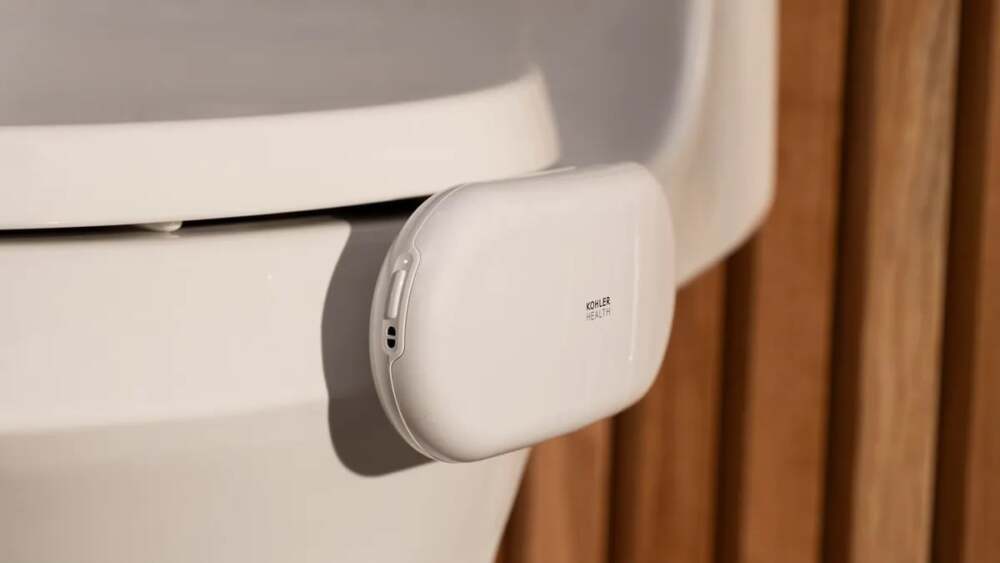

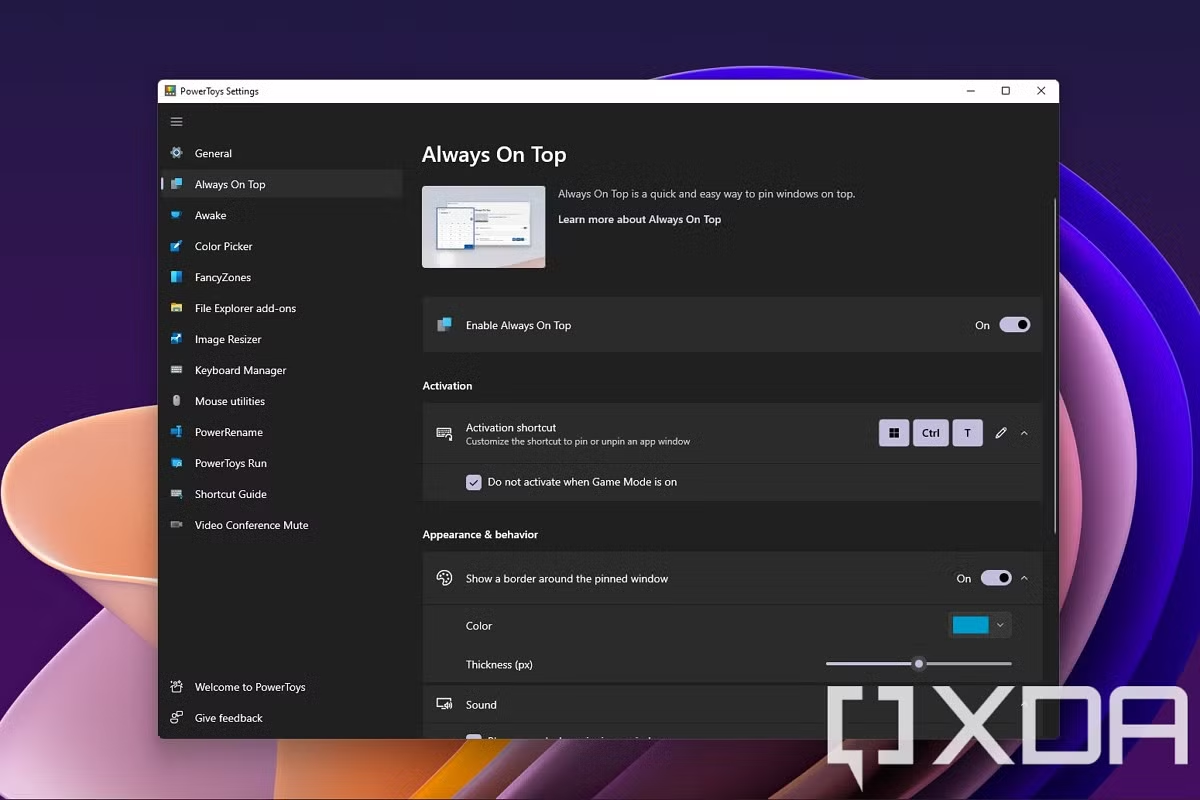
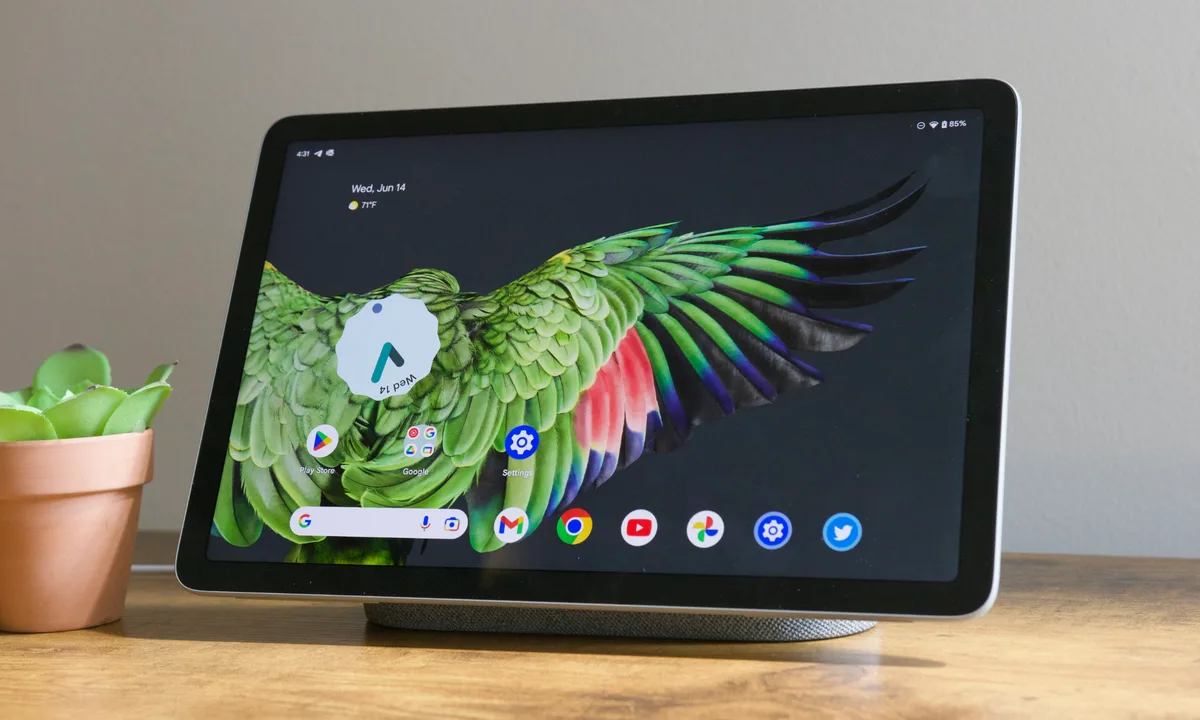

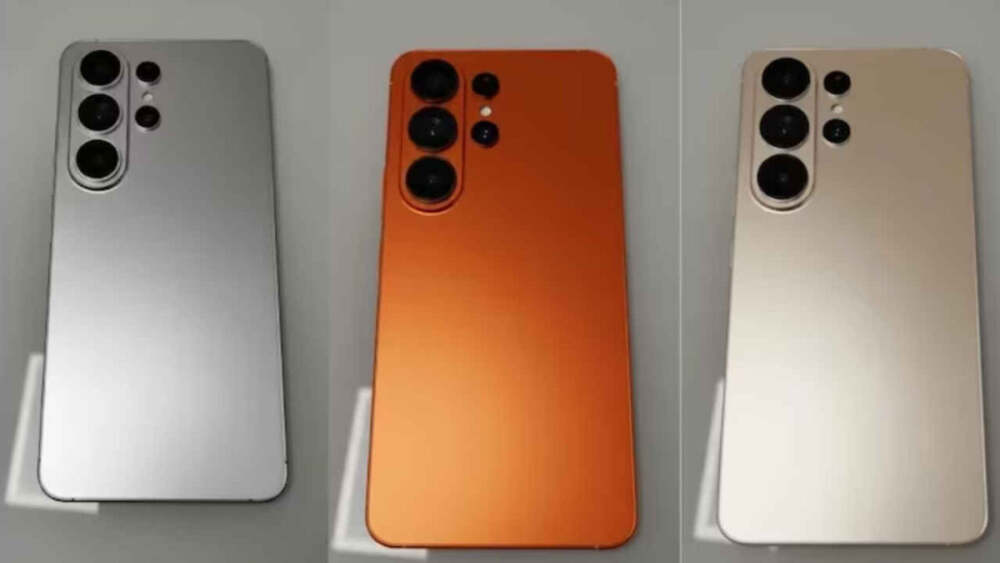
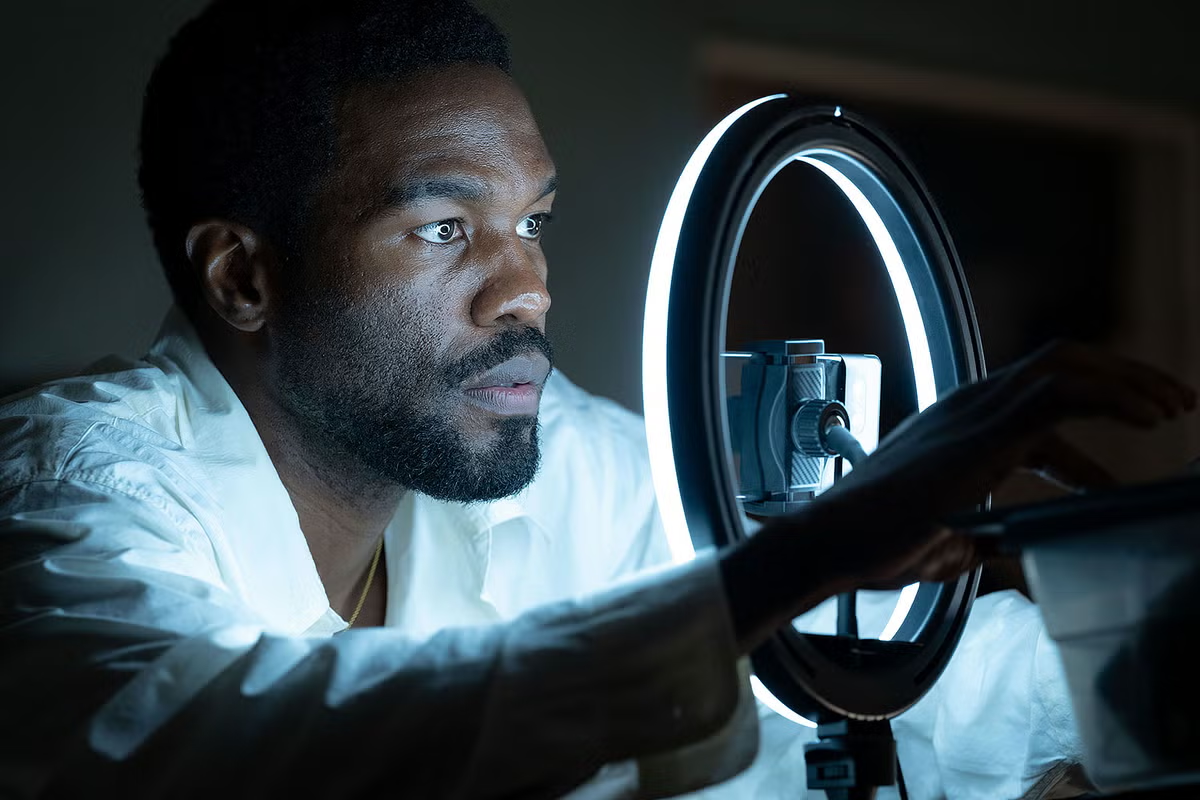
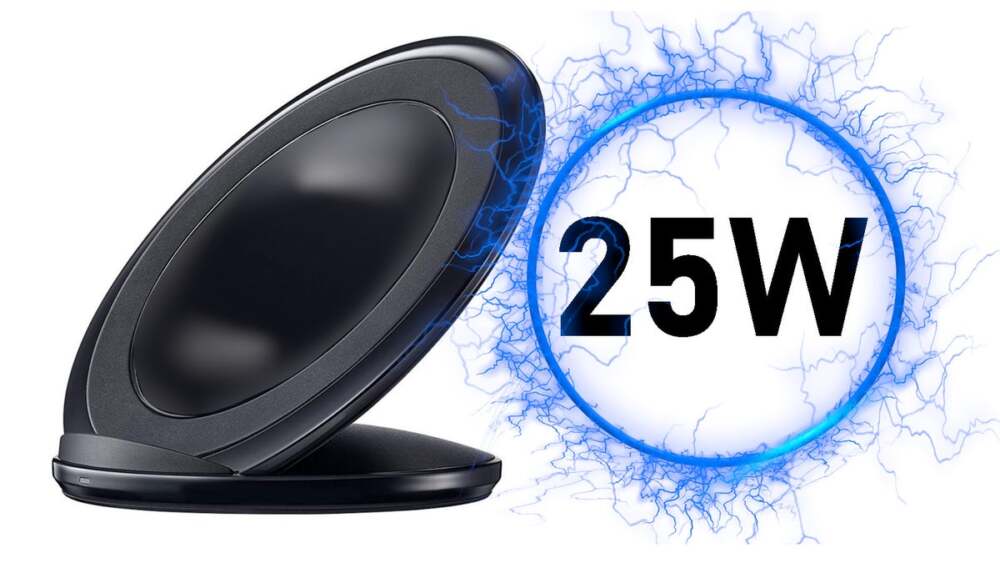
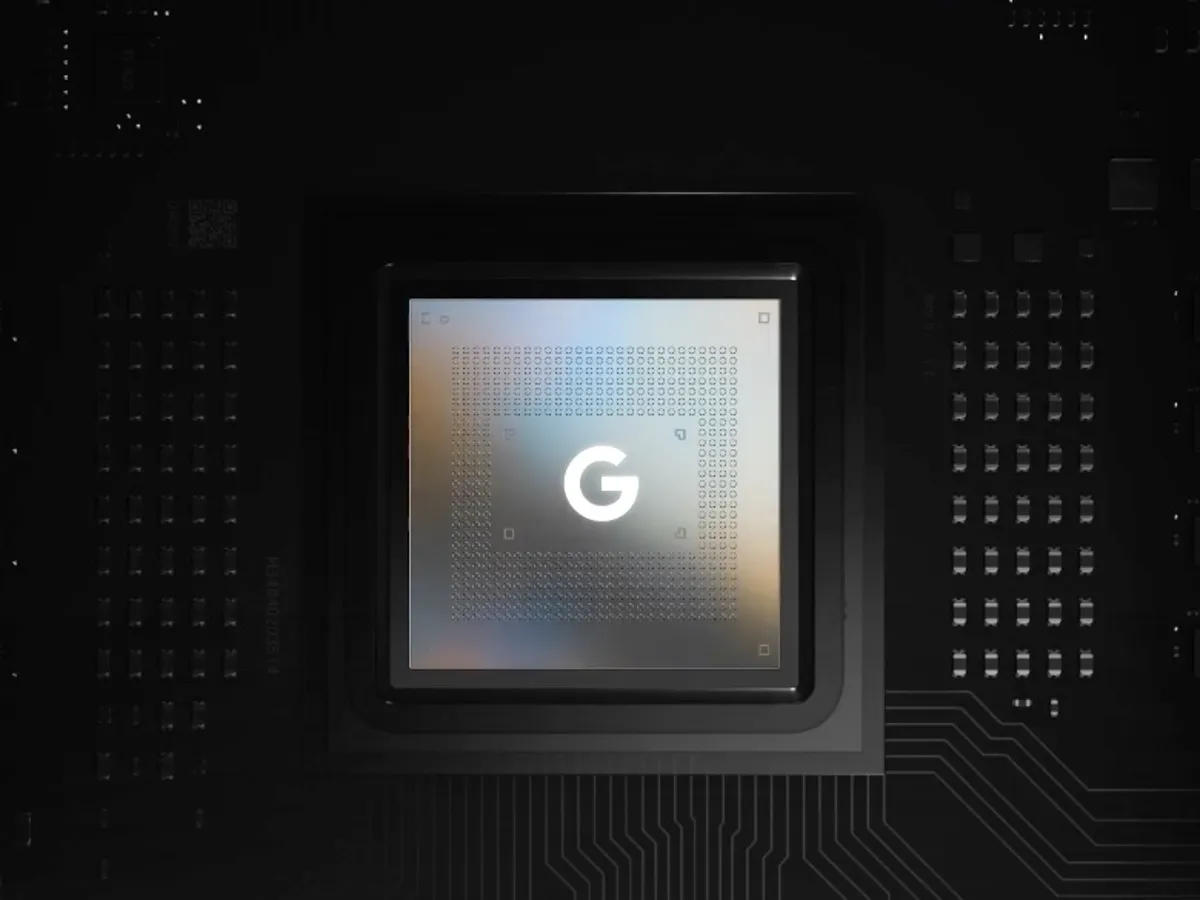

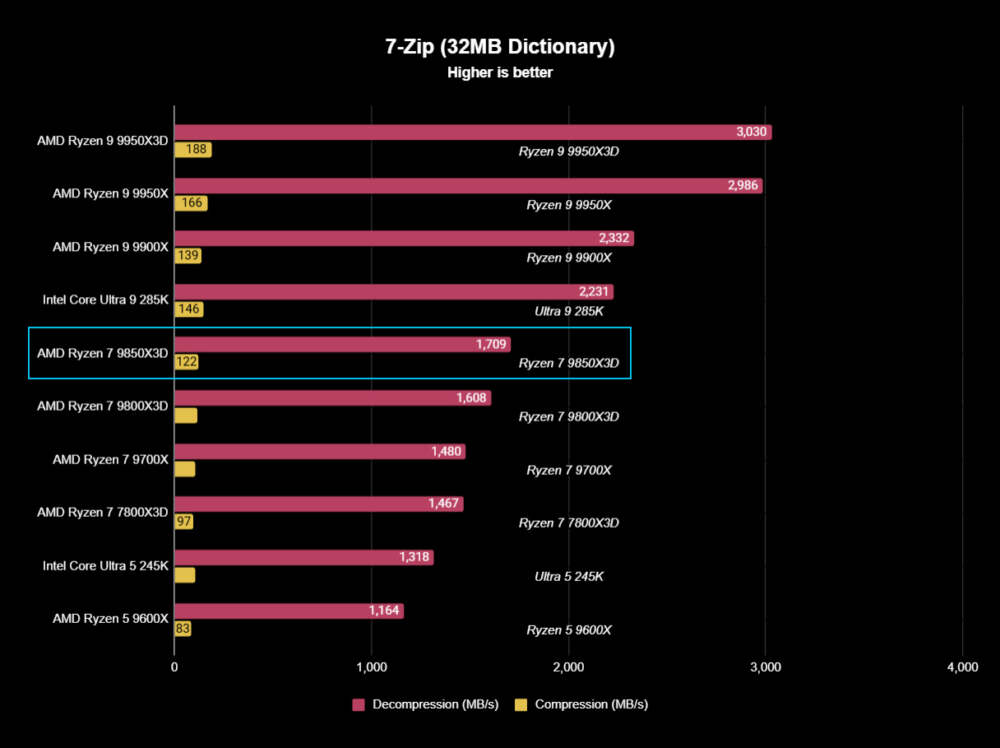




Leave a Reply